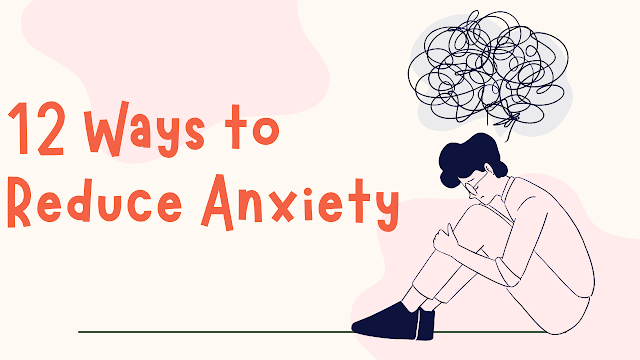Surely someone has suggested that you do more “self-care.” Such as, taking time to have a bubble bath, get a massage, or watch your favourite show. While they are trying to be kind, it feels like the recommendation misses the mark. This is because we have grouped together activities that soothe us and activities that care for us.
Self-soothing is activities that help distract us and provide comfort during a difficult time. These are things such as smelling the flowers, getting a massage, comfort foods, playing your favourite video game, having a bubble bath, bingeing your favourite show, singing loudly, or taking a break from responsibilities. In the simplest way, these provide an escape during distressing times.
Whereas self-care is activities that give us meaning and support our growth. Going to therapy, getting appropriate medical care, getting enough sleep, exercising, having boundaries, eating healthily, and connecting with people that provide reciprocal care, are all examples of self-care activities. It is a way of prioritizing your own well-being.
It is important that self-care is a daily habit or ritual. Starting off the day with care and self compassion makes you better able to navigate any of the difficulties that life may throw at you during the day.
Christine Miserandino in 2003 came up with the Spoon Theory. It was this idea that each day we have a certain amount of spoons to get through the days activities. For example, let’s say you have 12. Activities such as getting ready for work, getting the kids to school, commuting to work may each take two spoons; then you are left with six spoons for the remainder of the day. Then by the end of the work day you have no spoons left. You are on empty and drained.
Self-soothing may be useful to then comfort ourselves to get through the rest of the day. Whereas Self-care may help extend the spoons, reducing the cost of each activity.
One isn’t better than the other, it’s a matter of timing. Sometimes self-soothing will be the most beneficial activity, and other times it may be self-care.
Just remember that it is important to prioritize yourself. Schedule time in your calendar so that you can practice self-soothing or self-care. If you don’t, you just might forget to.



.png)